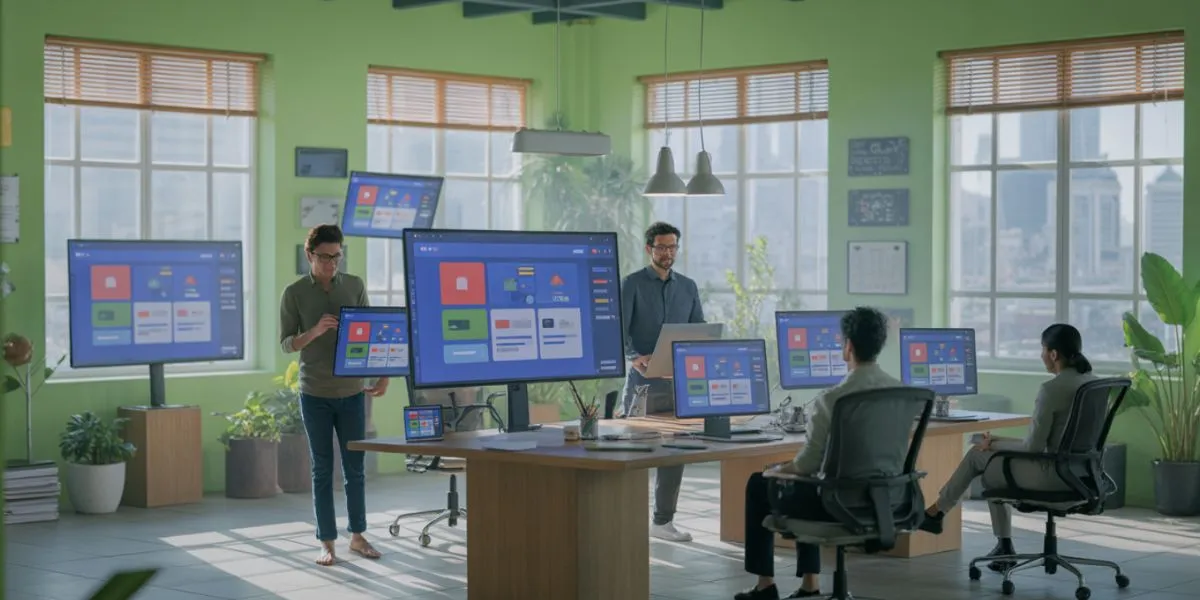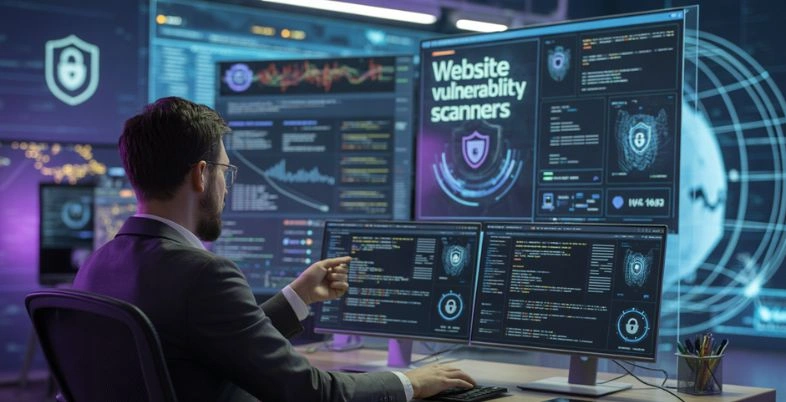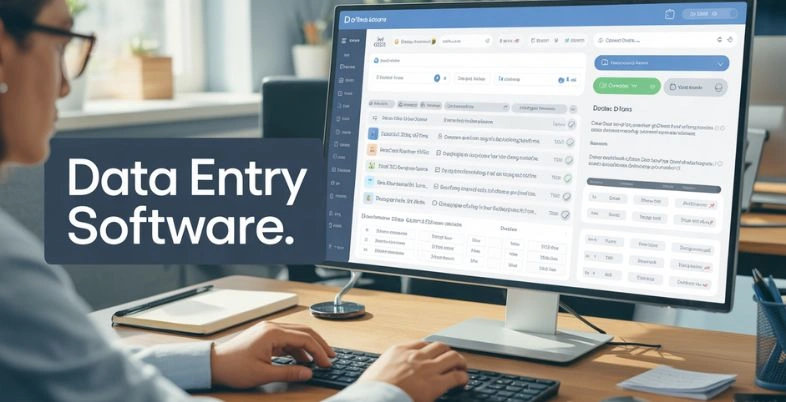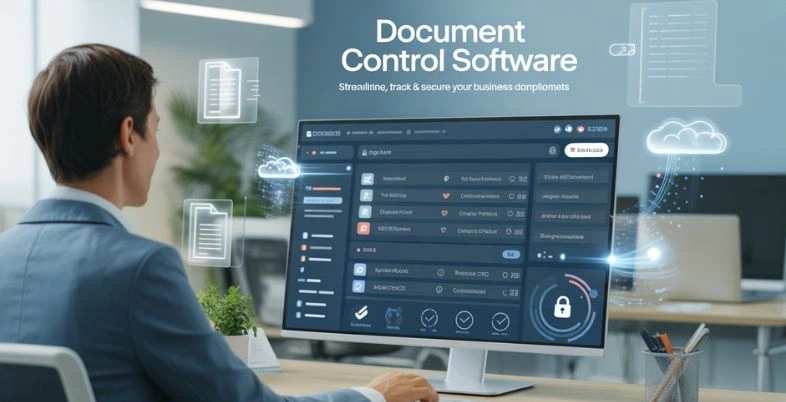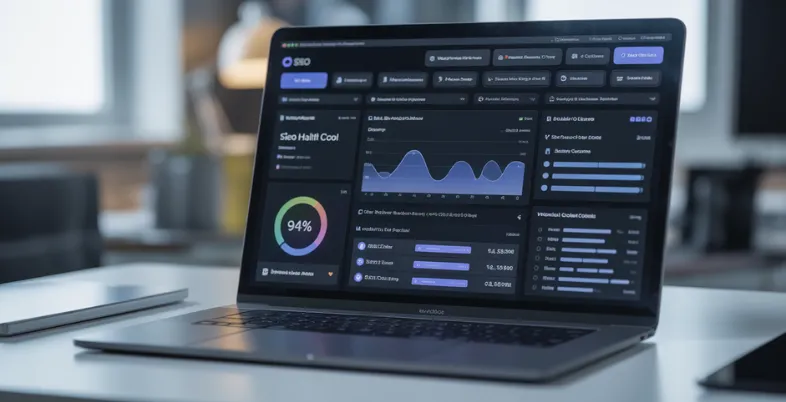In the quick-service restaurant (QSR) sector, Subway has forged a niche for itself. The brand is famous for offering healthy food and customizable sandwiches, and it is globally well recognized. In India, Subway has grown consistently since its arrival in 2001 and is now a leading consideration for aspiring businessmen seeking to enter the food and beverage franchise business.
If you’re looking to start a Subway franchise business in India, this guide complete on Subway Franchise Cost in India will walk you through each detail ranging from investment and operational procedure to returns and FAQs. With more than 37,000 stores in over 100 nations, Subway’s franchising business is strong and tried. Let’s explore how you can be a part of this global success story in India.
Why Choose Subway?

Subway is a global QSR chain brand with a presence of more than 37,000 restaurants across 100+ nations. In India, it operates on a 100% franchise model, with all outlets independently owned—providing equal opportunities to entrepreneurs in both metros and smaller cities. For those seeking a business idea under 5 lakh, exploring compact or kiosk-based models could make entry more accessible, depending on location and setup.
What differentiates Subway is its healthier, customizable menu. While the majority of fast-food chains deal in fried and heavy foods, Subway targets urban, health-savvy consumers with fresh vegetables, lean proteins, and even Jain-friendly meals. This makes it a favorite among college students, working professionals, and families.
Backed by extensive training, supply chain support, and global branding, Subway requires no prior food business experience. Whether you’re a first-time investor or looking to expand your portfolio, Subway offers a scalable, proven model with rising demand in Tier 1 and Tier 2 cities.
Subway Franchise Cost in India
Although Subway is a low-capex alternative for many international brands, opening one still involves a high initial capital outlay. Here’s the estimated capital requirement breakdown:
| Cost Head | Estimated Amount (INR) |
| Franchise Fee | ₹6.5 – ₹7.5 lakhs |
| Store Setup (Interiors + Design) | ₹35 – ₹50 lakhs |
| Equipment & Appliances | ₹8 – ₹10 lakhs |
| Working Capital | ₹5 – ₹8 lakhs |
| Marketing (Initial Local Push) | ₹1.5 – ₹3 lakhs |
| Total Estimated Investment | ₹60 – ₹85 lakhs |
In addition to the initial investment, Subway charges:
- 8% royalty fee on gross sales
- 4.5% marketing fee on gross sales
These fees fund regional and national brand campaigns and operational support.
Step-by-Step Process to Start a Subway Franchise in India :
Opening a Subway outlet is a streamlined yet thorough process. Here is how you can go from an inquiry to launch:
1. Apply for the Franchise
Visit the Subway India official website and apply using the franchising inquiry form. You will have to fill in information such as:
- Personal & business details
- Investment capability
- Preferred city/location
- Business background (if any)
2. Read the Franchise Disclosure Document (FDD)
Once shortlisted, Subway will present its Franchise Disclosure Document, which contains:
- Brand expectations
- Legal requirements
- Financial obligations
- Franchise terms
3. Franchisee Evaluation & Interview
Subway representatives will interview you. They’ll evaluate:
- Your business skills
- Financial preparedness
- Commitment to the brand in the long run
- Knowledge of QSR operations (experience not required)
4. Site Selection and Approval
Location is important in Subway’s business. Your selected site will be evaluated according to:
- Footfall potential
- Visibility and accessibility
- Schools, office, or mall proximity
- Parking and square footage
If you don’t have a location, Subway can help find suitable properties.
5. Sign the Franchise Agreement
After approval, you’ll sign a 20-year franchise agreement. The contract can be extended based on performance and adherence.
6. Training Program
You (or your store manager) will have to complete Subway’s required 2-week training program, which will include:
- Food safety and hygiene
- Store operations
- Staff management
- POS and inventory systems
- Customer experience standards
7. Store Setup
Subway will assist you in arranging with authorized vendors for:
- Interiors and branding
- Equipment and kitchen setup
- Digital systems and billing
- Furniture and fixtures
This stage typically takes 8–12 weeks.
8. Grand Opening
Following store inspection and compliance clearing, Subway helps to open the store with a local promotional campaign and brand-driven marketing.
Location Strategy for Maximum Returns :
In India, Subway fares best at high-traffic locations such as:
- Malls and food courts
- Office parks and IT hubs
- College campuses and tutorial centers
- Transit points (airports, metros, highways)
A retail space of 300 to 800 sq. ft. is adequate, based on the format (dine-in or take-away oriented). Small kiosks are also becoming popular, particularly in transit areas.
Expected Returns and Profitability
Although investment is high, the business model is strong. Here’s what to look out for in terms of financial performance:
- Average Monthly Sales: ₹5 – ₹10 lakhs (city-dependent)
- Net Profit Margin: 10% – 20% after all expenses
- Break Even Point: Within 2.5 – 3.5 years
- ROI Post-Breakeven: 30%+ per annum
Multiple-outlet franchisees tend to have higher returns with economies of scale and central management.
Challenges to Be Aware Of :
While Subway’s model is sound, potential franchisees need to appreciate potential pitfalls:
- Urban area high rent affects profit margins.
- High staff turnover is typical in QSRs, raising training expenses.
- Risk of location: Even the strongest brands can perform weakly in poorly selected locations.
- Supply chain logistics, particularly in Tier 2 or 3 towns, can compromise freshness and consistency.
All the same, Subway has robust support to help overcome these issues—through vendor collaborations, staff training modules, and business audits.
We are Suggesting to Read :- Burger King Franchise Cost in India
Legal & Compliance Checklist
To operate legally in India, your Subway outlet must have:
- FSSAI License
- GST Registration
- Shops & Establishment License
- Fire NOC
- Municipal Trade License
- EPF & ESIC registration (if hiring over 20 employees)
Subway or its approved distributors can assist in automating much of this compliance effort.
Conclusion:
The Subway business model is a strong one supported by a highly reputed international brand. Though the capital investment varies from ₹60–₹85 lakhs, it has the safety of established systems, thorough training, and constant support. With the QSR industry in India booming and growing consumer demand for health-conscious eating habits, Subway has every opportunity to capitalize on changing food trends.
Whether you are an experienced investor or an ambitious entrepreneur, a Subway franchise is a doorway into one powerful global network. Success is achieved by the right location, quality and cleanliness, and hands-on control of operations.
If food, service, and scalable business are what motivate you, a Subway franchise could be your ideal first (or next) venture.
(FAQs)
1. Can I open a Subway in a Tier 2 city?
Yes. Subway is expanding into Tier 2 and Tier 3 cities. However, preference is given to locations with strong footfall such as commercial zones, colleges, or highways.
2. Is prior restaurant experience required?
No. Experience is not mandatory. Subway provides detailed training and operational support even for first-time entrepreneurs.
3. What is the duration of the franchise license?
Subway offers a 20-year license, renewable based on performance and mutual agreement.
4. Can I own multiple Subway stores?
Yes. Many franchisees scale their operations after successfully managing one store. Subway supports multi-unit ownership through cluster development models.
5. What kind of support does Subway provide post-launch?
Support includes:
- Regular audits
- Menu updates
- Marketing guidance
- Operational improvements
- Technology and training refreshers
6. How many staff members are needed to run a store?
Typically, a store requires:
- 1 Store Manager
- 6–10 Sandwich Artists
- 1–2 Cleaners/Helpers
Staff count depends on size and format (kiosk vs full service).
7. How long does it take to open a store after approval?
Once approved, it typically takes 90–120 days to launch, depending on location readiness and setup time.

